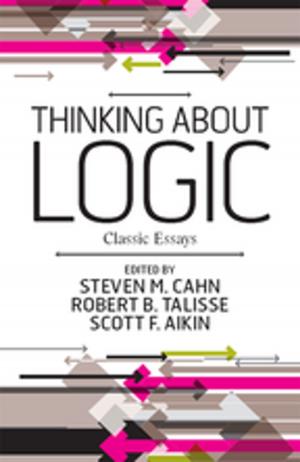The Digital Revolution and the Coming of the Postmodern University
Nonfiction, Reference & Language, Education & Teaching, Teaching, Computers & Technology| Author: | Carl A. Raschke | ISBN: | 9781134201006 |
| Publisher: | Taylor and Francis | Publication: | December 16, 2003 |
| Imprint: | Routledge | Language: | English |
| Author: | Carl A. Raschke |
| ISBN: | 9781134201006 |
| Publisher: | Taylor and Francis |
| Publication: | December 16, 2003 |
| Imprint: | Routledge |
| Language: | English |
In recent years, the powerful social, cultural and economic changes wrought by digital technology have led many to forecast the end of the university as we know it. This book employs extensive research and case studies to explain why these predictions, even if perhaps somewhat premature, are on solid ground.
The Digital Revolution and the Coming of the Postmodern University shows how the internet, high-speed electronic communications and personal computers necessitate a radical rethinking of what is meant by 'higher education'. The book calls into question both the traditionalist's scepticism about the benefits of new technology, and the corporate e-learning advocate's failure to grasp that education is more than what happens on a computer screen. The author provides concrete data and models for more democratic, restructured systems of instruction that not only take advantage of advanced learning technologies, but promote the globalisation of higher education.
This is an essential read for anyone concerned about the future of higher education.
In recent years, the powerful social, cultural and economic changes wrought by digital technology have led many to forecast the end of the university as we know it. This book employs extensive research and case studies to explain why these predictions, even if perhaps somewhat premature, are on solid ground.
The Digital Revolution and the Coming of the Postmodern University shows how the internet, high-speed electronic communications and personal computers necessitate a radical rethinking of what is meant by 'higher education'. The book calls into question both the traditionalist's scepticism about the benefits of new technology, and the corporate e-learning advocate's failure to grasp that education is more than what happens on a computer screen. The author provides concrete data and models for more democratic, restructured systems of instruction that not only take advantage of advanced learning technologies, but promote the globalisation of higher education.
This is an essential read for anyone concerned about the future of higher education.















